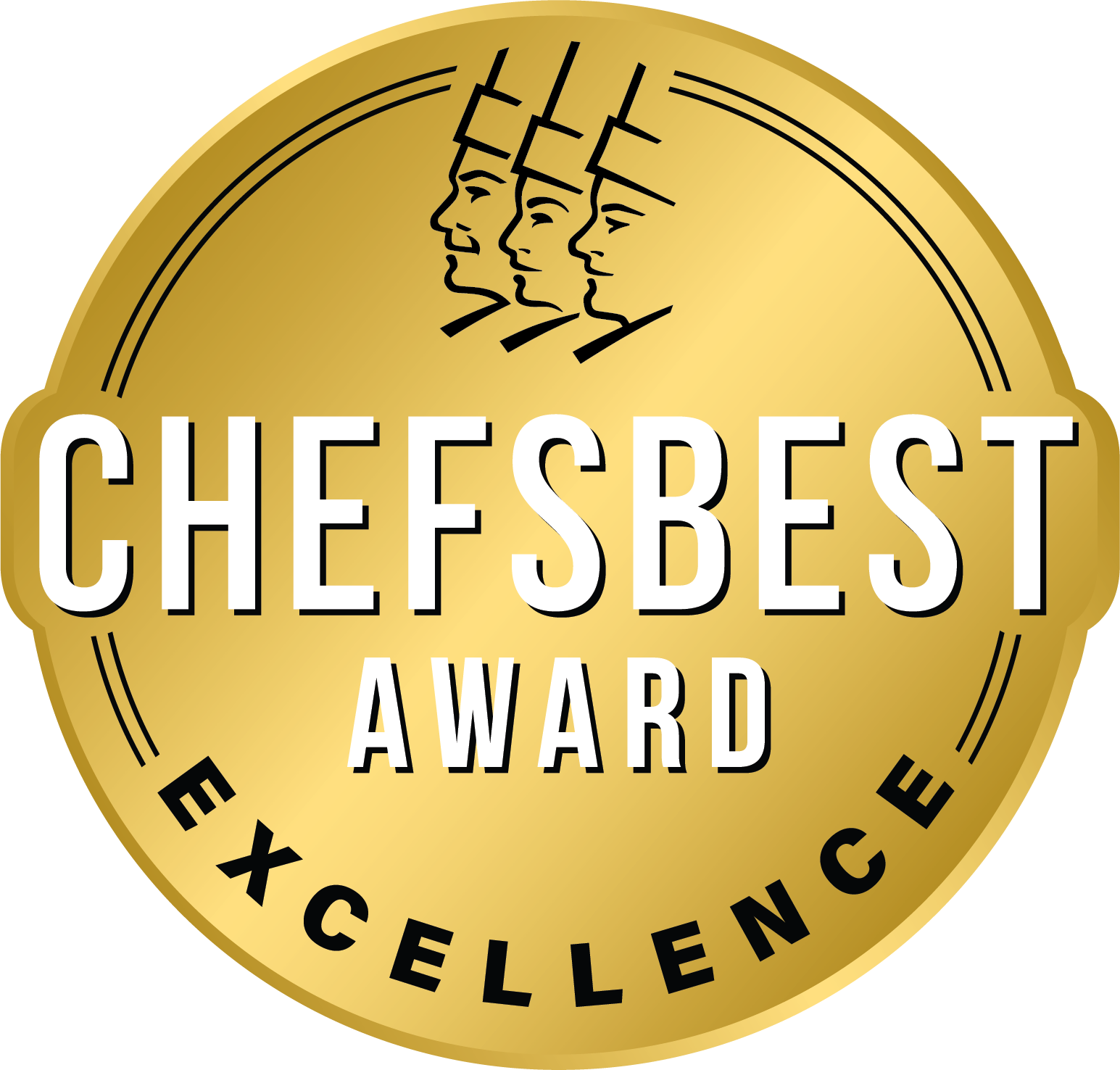Overcoming the Private Brand Stigma: What Food Retailers Should Know

CPG marketing that leverages private brand food and beverage awards can more easily overcome the private brand stigma.
In the past, private food and beverage brands were perceived as cheaper, low-quality versions of popular name-brand products. Regardless of whether it was true, consumers often opted for more recognizable brands because of the implied quality and trustworthiness of the products.
While the private brand stigma isn’t as widespread as it used to be, these brands still have an uphill battle. Not only are they competing against well-known legacy brands, but they also have to fight against the idea that private brands are lower quality.
Fortunately, the current inflationary period has created an opportunity for private brands to gain market shares and life-long customers. Due to rising costs, consumers are more open to the idea of purchasing from private brands. An Insider Intelligence report from earlier this year even showed that 30.3% of respondents had switched from national brands to private label brands.
To make the most of this opportunity, however, private brands should consider the following actions.
Focus on Quality With Blind Food Tasting
Perhaps the most prominent stigma to overcome is the idea that private brand products are innately low quality. This idea likely stems from the low-quality generic products that were available during the 1980s.
A professor of marketing at the University of Florida says, “In the ’80s, store brands could be pretty terrible, which could account for lingering negative perceptions.” He found, however, that consumers who underwent blind tests rated many store brands higher than their national counterparts. When they knew a product was from a store brand, however, they reportedly enjoyed it less.
Clearly, brand perception has a massive impact on sales. With that in mind, it’s essential to first ensure that a private brand product actually is high-quality. A controlled blind food tasting conducted by a third party is the first step.
For example, during the ChefsBest evaluation, a product is served blind alongside its competition to a panel of master tasters. If the product surpasses the quality standards, it can then license the ChefsBest medallion on its packaging.
Not only does this inform potential customers that the product has earned food awards, it also reinforces the idea that a private brand can be high-quality. It’s important to remember, however, that this only works if you can convey this information to your audience.
Packaging Should Convey Quality and Product Differentiation
If a private brand product has earned food awards like the ChefsBest Excellence Award, it should absolutely be advertised on the packaging. While announcing awards like that on a brand’s website or social media may help educate current customers, it does nothing for potential customers who are debating between two different products on a store shelf.
That’s why a packaging refresh can go a long way. The packaging should convey any unique features or qualities that differentiate the product. That way, when consumers are choosing between several similar products, they’ll know which ones possess the features they’re looking for.
Not only is this an opportunity to convey quality and any unique features, it’s also a chance to leave behind the “generic” image that private brands often carry. While national brands almost always have larger marketing budgets, even small changes to private brand labels can go a long way.
A recent trend shows that some private brands are already moving in this direction. It’s become increasingly common to see products from private brands with packaging that resembles more modern national brands. For example, one of the main themes of the 2022 Velocity Institute Innovation Expo and Conference was being bold.
When it comes to private brands, that could mean anything from “Shark Tank” style competitions designed to foster innovation to marketing private-brand products in ways that were unheard of previously.
Want insight from an expert in the industry? Tune in to What’s Next for the Private Label Industry. In this episode of our podcast, Beyond the Shelf, Christopher Durham of Retail Brands Institute discusses how the past two years have dramatically shifted the goals and needs for many private labels plus how the next few years will be monumental for the private label industry.
To stay up-to-date with trends and news in the food & beverage industry, follow us on social media: Facebook, Twitter, Instagram, and LinkedIn – and check out more of our blogs.
